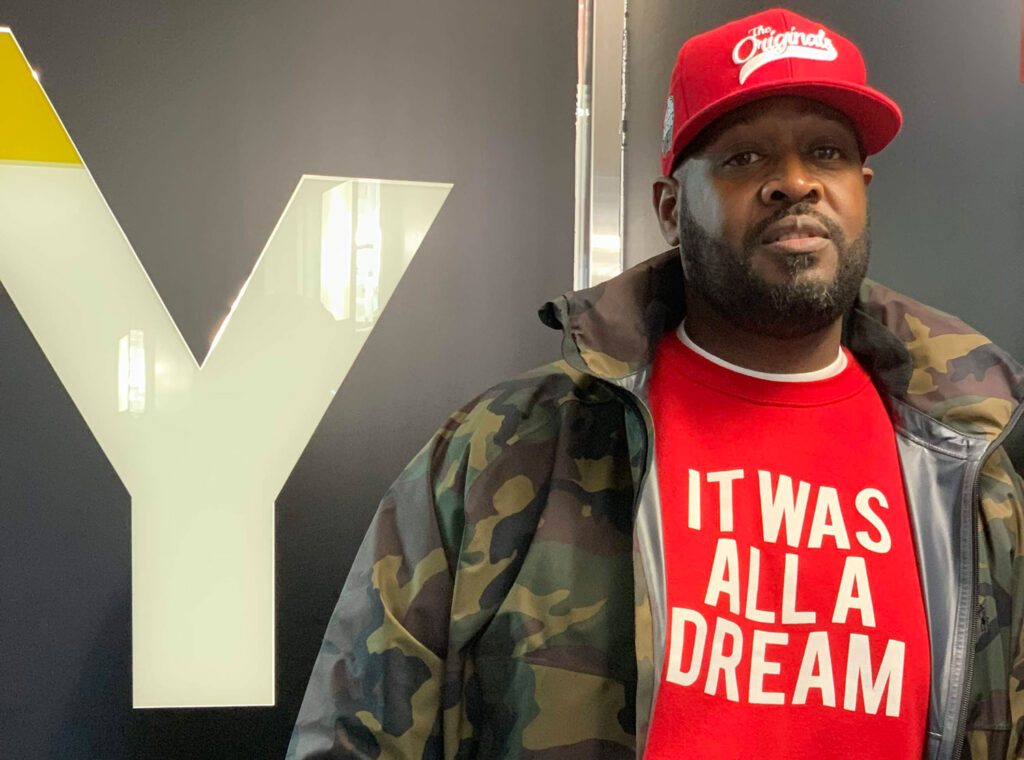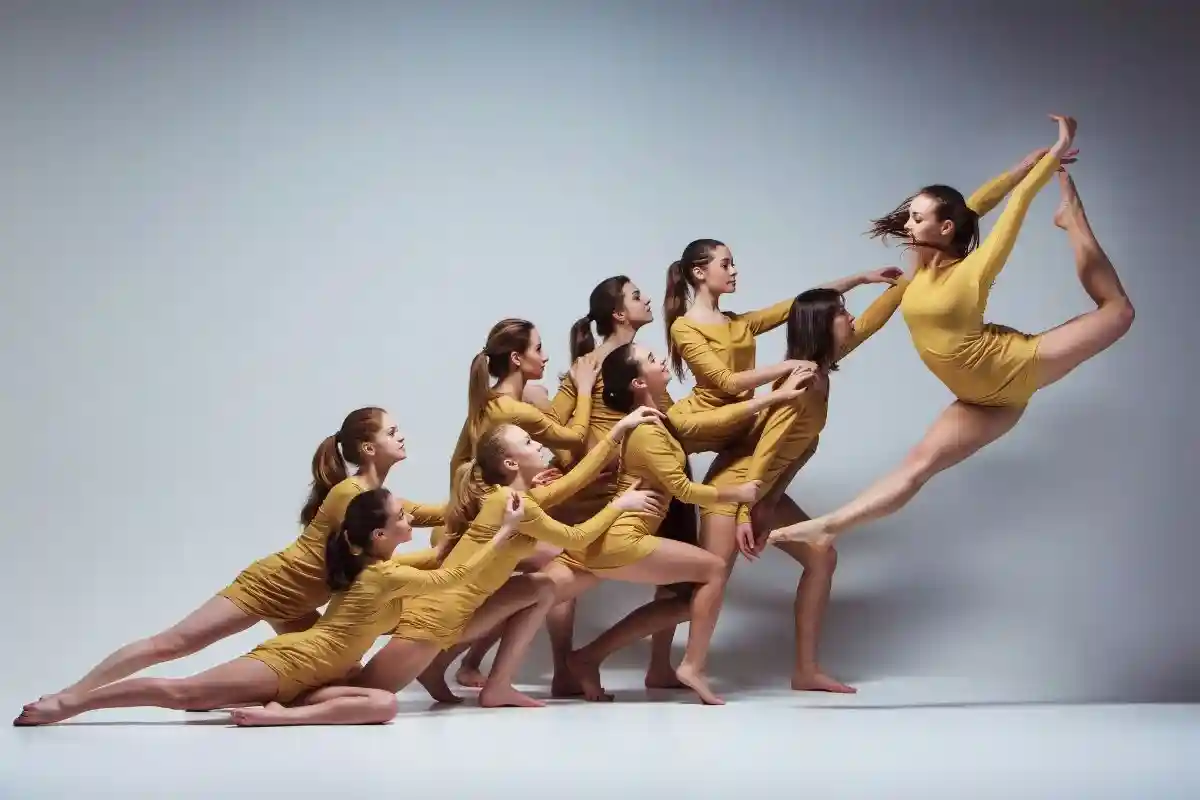Alternative Hip-Hop in the 90s
Alternative hip-hop emerged as a vibrant and influential subgenre in the 1990s, challenging the mainstream rap scene with its unique blend of eclectic sounds, socially conscious lyrics, and experimental production techniques. This era witnessed the rise of several groundbreaking artists who pushed the boundaries of hip-hop, paving the way for future generations. In this article, we delve into the world of alternative hip-hop in the 90s, exploring its origins, key artists, notable albums, and lasting impact on the genre.
The Shift in the Hip-Hop Landscape
The 1990s saw a shift in the hip-hop landscape, with alternative hip-hop offering a refreshing departure from the gangsta rap and flashy production that dominated the airwaves. This subgenre placed a greater emphasis on lyrical depth, introspection, and social commentary, drawing inspiration from diverse musical genres such as jazz, funk, rock, and electronic music. Alternative hip-hop artists sought to challenge the status quo, addressing issues of race, social inequality, politics, and personal struggles through their music.
A Tribe Called Quest
One of the pioneering groups of alternative hip hop in the 90s was A Tribe Called Quest. Hailing from Queens, New York, the group, comprised of Q-Tip, Phife Dawg, and Ali Shaheed Muhammad, blended jazz-infused beats with intelligent and introspective lyrics. Their critically acclaimed albums, such as “The Low-End Theory” (1991) and “Midnight Marauders” (1993), showcased their innovative approach and helped solidify their status as one of the most influential acts in the genre.
Mos Def
Another influential figure in alternative hip-hop during this period was Mos Def. Known for his thought-provoking lyrics and charismatic delivery, Mos Def’s debut album “Black on Both Sides” (1999) garnered critical acclaim and showcased his versatility as an artist. With tracks like “Mathematics” and “Ms. Fat Booty,” Mos Def demonstrated his ability to seamlessly blend conscious themes with infectious grooves, earning him a dedicated fanbase and cementing his place in hip hop history.
The Roots
The 90s also saw the emergence of The Roots, a Philadelphia-based band led by rapper Black Thought and drummer Questlove. Known for their live instrumentation, complex arrangements, and socially conscious lyrics, The Roots became synonymous with the fusion of hip-hop and live instrumentation. Their album “Things Fall Apart” (1999) is often hailed as a masterpiece, featuring collaborations with artists like Erykah Badu and Common, and showcasing the band’s ability to seamlessly blend genres.
Additional Notable Artists
In addition to these notable acts, the 90s alternative hip-hop scene was also marked by the rise of artists such as De La Soul, Common, OutKast, and The Pharcyde, who all left an indelible mark on the genre. These artists brought a fresh and innovative perspective to hip hop, challenging conventional norms and expanding the sonic boundaries of the genre.
The Legacy of 90s Alternative Hip Hop
The impact of alternative hip hop in the 90s can still be felt today. Many contemporary artists draw inspiration from the experimental and socially conscious nature of this era, incorporating elements of alternative hip-hop into their own music. The influence of these artists can be seen in the continued exploration of diverse sounds, conscious lyricism, and the fusion of genres within the hip-hop landscape.
Alternative hip hop in the 90s was a transformative period for the genre, pushing boundaries, and challenging the mainstream. Artists like A Tribe Called Quest, Mos Def, The Roots, and many others paved the way for a new wave of hip-hop that prioritized artistic expression, social commentary, and musical innovation. Their impact can still be felt in the music of today, as the legacy of 90s alternative hip-hop continues to inspire and influence artists around the world.
Key Takeaways
- Alternative hip hop emerged in the 1990s as a subgenre that challenged the mainstream rap scene with its unique blend of sounds, socially conscious lyrics, and experimental production techniques.
- Artists like A Tribe Called Quest, Mos Def, and The Roots were pioneers in alternative hip hop, pushing boundaries and paving the way for future generations.
- The 90s alternative hip-hop scene was characterized by its emphasis on lyrical depth, introspection, and social commentary, drawing inspiration from diverse musical genres.
- The impact of alternative hip hop in the 90s can still be seen today, as many contemporary artists incorporate elements of this era into their music.
- Consider deepening your knowledge of the music industry and its evolution by taking the NYU x Billboard | Music Industry Essentials online course and certificate program offered by Yellowbrick.
Expand your understanding of alternative hip hop and explore the fascinating world of the music industry with the NYU x Billboard | Music Industry Essentials online course and certificate program. This comprehensive program, offered by Yellowbrick in collaboration with New York University and Billboard, provides valuable insights into the business side of the music industry, including artist management, marketing, promotion, and more. Don’t miss out on this opportunity to gain a competitive edge and pursue your passion for music. Enroll today and take the first step towards a successful career in the music industry.




